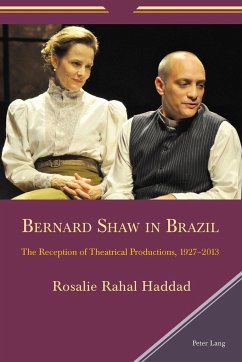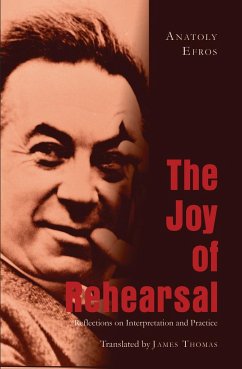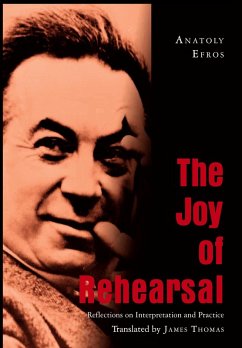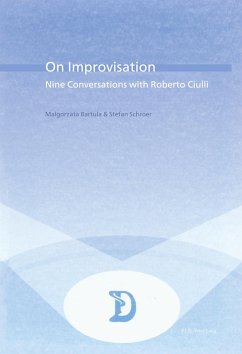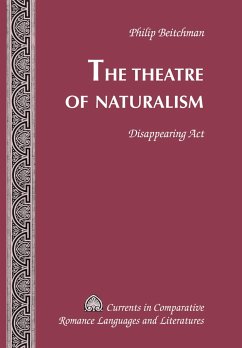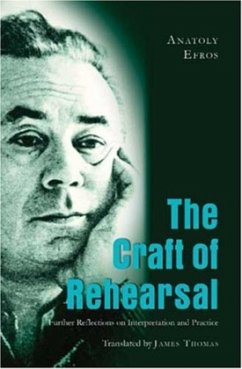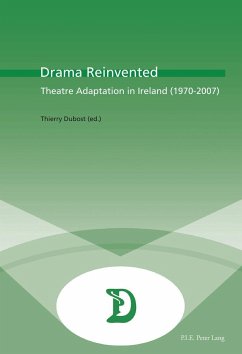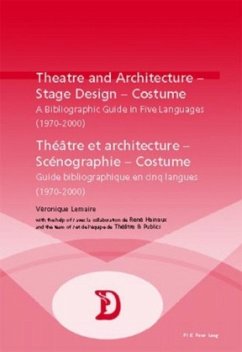
The Path of a Character
Michael Chekhov's Inspired Acting and Theatre Semiotics
Versandkostenfrei!
Versandfertig in 6-10 Tagen
104,20 €
inkl. MwSt.

PAYBACK Punkte
0 °P sammeln!
Nephew of Anton Chekhov and a disciple of Konstantin Stanislavskii, Russian émigré actor Michael Chekhov (1891-1955) created one of the most challenging and inspiring acting theories of the 20th century. This book is a reinterpretation of Chekhov's theory both in the context of the cultural and political milieu of his time and in the light of theatre semiotics: from Prague Structuralism to French Poststructuralism and contemporary performance theory. This work presents Chekhov's understanding of the actor's stage product - stage mask - as a psychological, psychophysical and cultural construc...
Nephew of Anton Chekhov and a disciple of Konstantin Stanislavskii, Russian émigré actor Michael Chekhov (1891-1955) created one of the most challenging and inspiring acting theories of the 20th century. This book is a reinterpretation of Chekhov's theory both in the context of the cultural and political milieu of his time and in the light of theatre semiotics: from Prague Structuralism to French Poststructuralism and contemporary performance theory. This work presents Chekhov's understanding of the actor's stage product - stage mask - as a psychological, psychophysical and cultural construct engaged with the mysteries of the actor/character or, what Mikhail Bakhtin describes as the author/hero, dialectical relationships. It offers new horizons in interdisciplinary and intercultural visions on theatre acting described by Chekhov as a most liberating and cathartic process.





